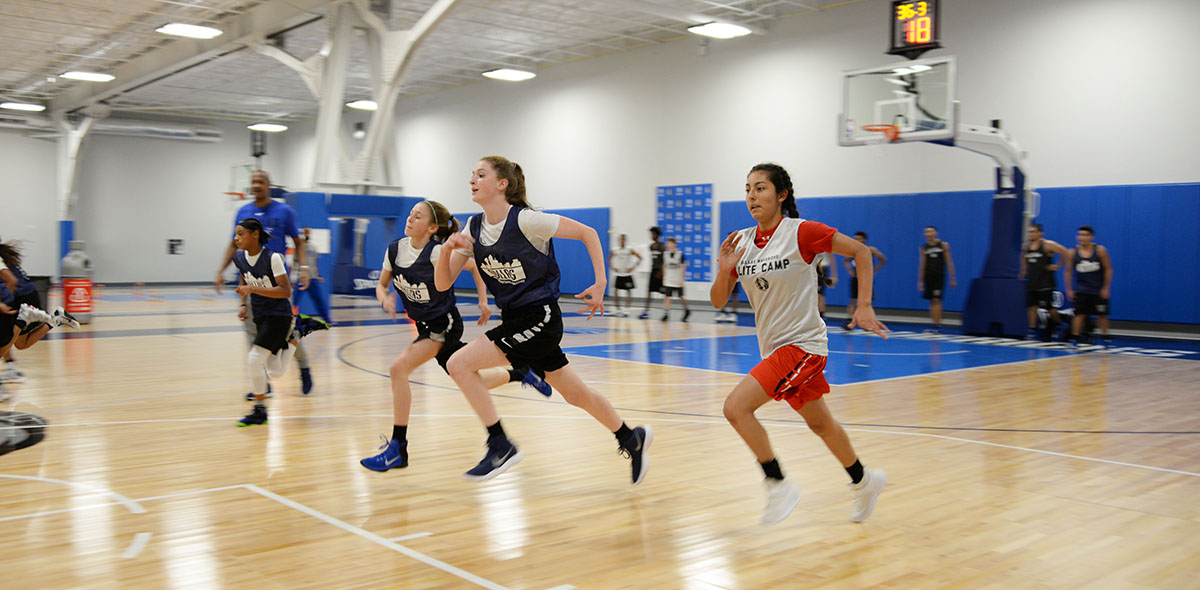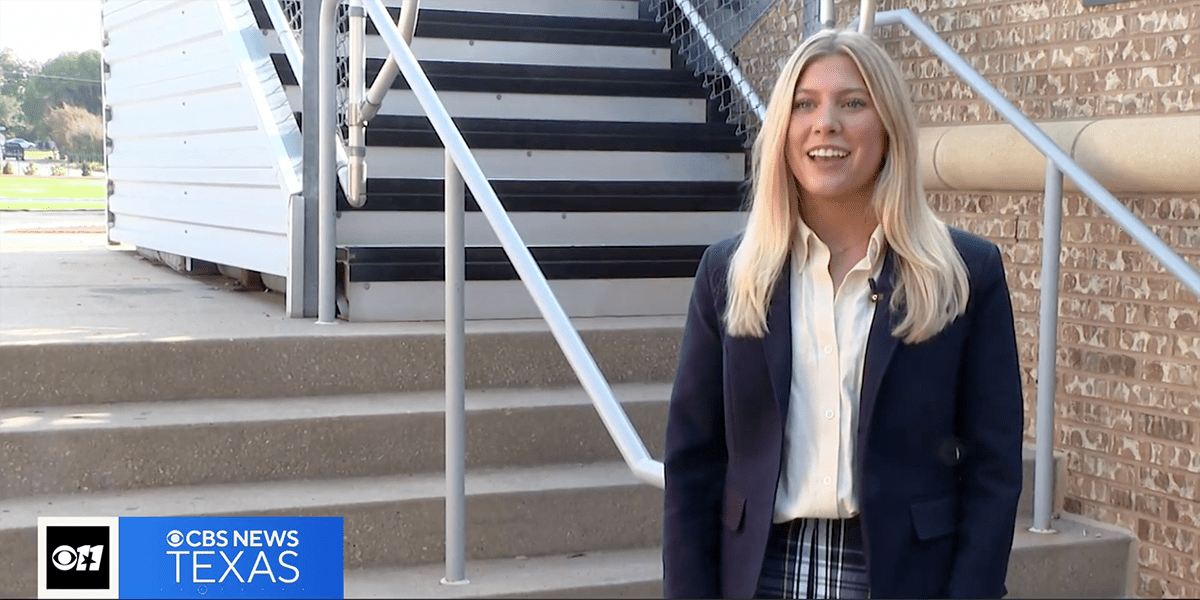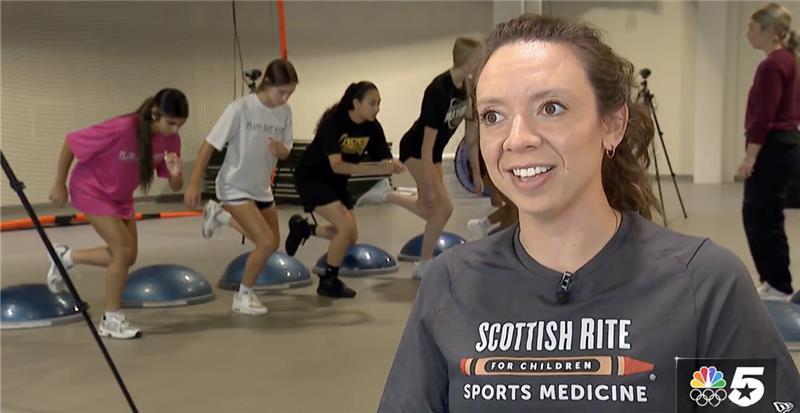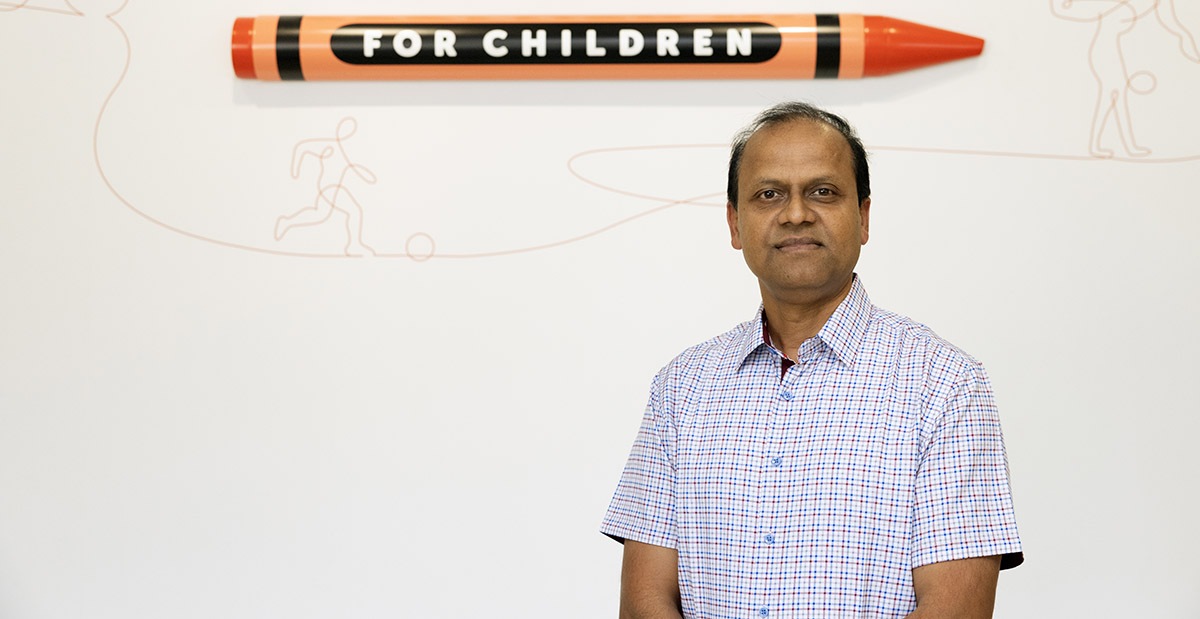Alternating periods of intense power and speed, with short or long periods of rest, involve all of the major energy systems in the body. Therefore, meals and snacks throughout the day for these athletes should include appropriate mix of all foods and nutrients.
“It’s easy for busy young athletes to not make food a priority, showing up for practices and games under fueled and thinking they can power through”, says certified sports dietitian Taylor Morrison, M.S., R.D., CSSD, L.D. “However, the reality is that food and nutrition are very important components to optimal performance and injury prevention. The good news is that this food and nutrition doesn’t have to be complicated. An athlete can incorporate simple meals, snacks and fluids throughout the day using some general guidelines thereby reducing concerns and optimizing health and performance”.
CONCERNS FOR THE YOUNG ATHLETE IN STOP-AND-GO SPORTS
Burning Out Early
Because of the intensity of some stop-and-go sports (like basketball, soccer, tennis and hockey) and because of the length of some games (like baseball or football) and tournaments (like basketball, soccer, tennis and volleyball), young athletes can use up their energy stores before the event is over. This especially becomes a problem if the athlete has not eaten a proper meal or snack earlier in the day or prior to the event and does not bring appropriate snacks for during the event.
End of the Season Injury
If this pattern of burnout continues, the constant fatigue during events can put the athlete at increased risk of injury due to decreased motor skills and performance. Poor nutrition or under-fueling can also lead to a lack of important nutrients like protein, fat, iron, calcium and vitamin D, which can also increase an athlete’s risk of injuries like stress fractures.
Dehydration
Dehydration is another contributor to fatigue, but also a cause of headaches and muscle cramps in the young athlete. Either of these can lead to decreased performance and injury. Of special concern are those young athletes playing in the heat or with extra gear like football, softball and hockey. Dehydration in these young athletes can lead to heat illness if it is not properly recognized and addressed.
NUTRITION SOLUTIONS FOR THE YOUNG ATHLETE IN STOP-AND-GO SPORTS
Proper Fueling Before and During Events
Eat a balanced meal at least three to four hours prior to the event and a small snack just before. Make sure to offer easy-to-digest carbohydrates to keep energy levels up until the very end of games and tournaments. More popular suggestions are fruit slices, dried fruit, crackers, pretzels, fig bars or sports drinks.
Balanced Meals Throughout the Day
Remember that the exact amount of food and nutrients needed vary depending on gender, height, weight, stage of development, sweat rate, sport played and position played. However, overall a young athlete’s plate should consist of:
- Variety of Carbohydrates – Mix it up with sources like milk and yogurt, whole grains, fruits and starchy vegetables. Carbohydrates provide short and long-term energy to fuel for a practice, game or tournament.
- Lean protein – Protein is important to repair any torn muscles and build tissue.
- Healthy fats – Fat is important for the growing brain and has potential anti-inflammatory benefits.
- Healthy fats, such as mono- and polyunsaturated fats, are important for brain development and function, aid in the absorption of vitamins A, D, E, and K and may have anti-inflammatory benefits. Learn more about healthy fats for the young athlete.
Getting carbohydrates, protein and fat from a variety of sources ensures that the athlete is also getting proper amounts of other nutrients like calcium, vitamin D and iron, among many others. Eating enough calories from carbohydrates, protein, fats and these nutrients helps promote optimal recovery and prevents injuries.
Hydrate
Drink fluid consistently throughout the day. Most of the time, an athlete should choose water and milk. Make sure to bring plenty of water to events adding a sports drink (for electrolytes and carbohydrates), if needed and encourage sips during timeouts, breaks and halftime. For heavy sweaters, salt can be added to drinks or salty snacks can be incorporated into breaks and halftimes.
Visit our sports hydration page to learn more about nutrition and fueling the young athlete.














